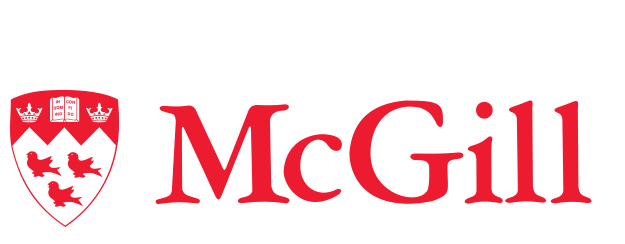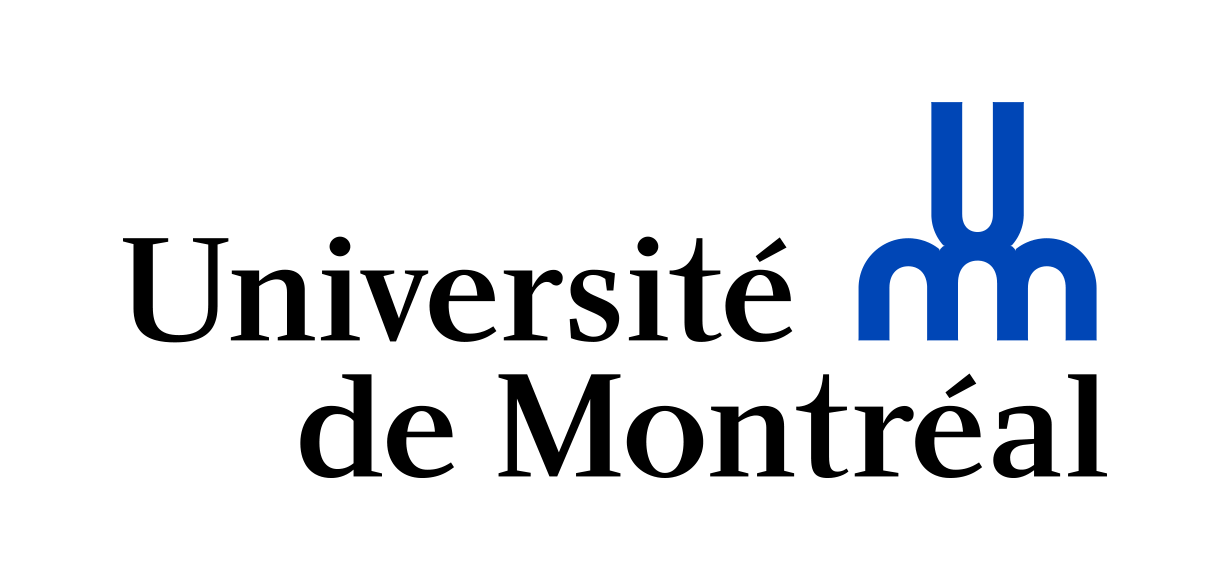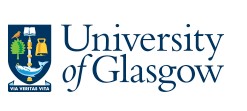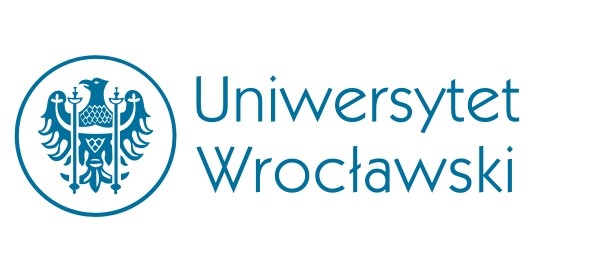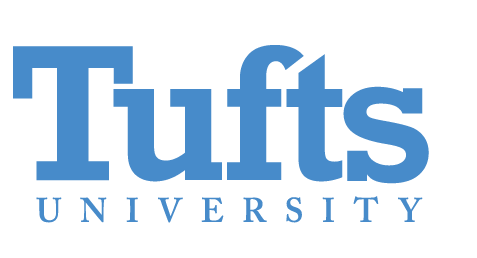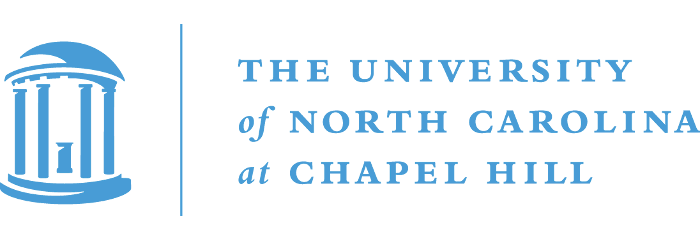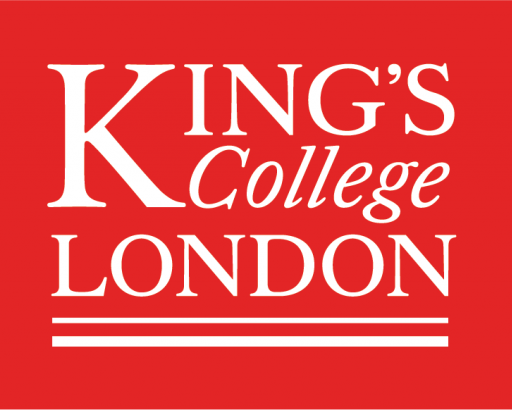Policy Memos
BEAR-PONARS Eurasia Conference:
“Between the EU and Russia: Domains of Diversity and Contestation”,
April 29-30, 2022, in Washington, DC
PANEL 1: Ukrainian Society and Russia’s Full-scale Invasion
Mikhail Alexseev, San Diego State University
“The Crucible of Freedom: War and Democracy Support in Ukraine”
Theodore Gerber, University of Wisconsin-Madison
“Childbearing, Marriage, and Daily Life in the NGCA: Insights from Focus Groups”
Uliana Movchan, Karazin Kharkiv National University
“Decentralization Reform in Ukraine and Its Consequences on Civil Response in the Face of War”
Olena Nikolayenko, Fordham University
“Gender Outcomes of the Revolution of Dignity and Russia’s War on Ukraine”
PANEL 2: Russian Society and the Invasion of Ukraine
Marat Shterin, King’s College London
“Religion and the Invasion of Ukraine from the Postcolonial Perspective”
Irina Busygina, Higher School of Economics, Saint Petersburg
“Russian Universities’ Position(s) on the War”
Henry Hale, The George Washington University
“Russian Public Opinion and Putin’s Invasion of Ukraine”
PANEL 3: Challenges Facing Europe
Milada Anna Vachudova, UNC Chapel Hill
“Russia’s War against Ukraine and Ukraine’s Challenge to Europe”
Maria Koinova, Warwick University
“Russia’s Invasion in Ukraine and Polarization in Eastern Europe and the Balkans”
Jean-François Ratelle, University of Ottawa
“Russia, Interpol, and North Caucasus Diasporas in Europe”
Mark Kramer, Harvard University
“The Persecution of Gays in Chechnya and the Implications for the EU”
PANEL 4: The Baltics and Moldova: Between the EU, Russia, and War
Zsuzsa Csergő, Queen’s University and Kristina Kallas, University of Tartu
“The Impact of Russia’s War on Ukraine on Russophone Minorities in the Baltics”
Joan DeBardeleben, Carleton University
“Russian Media Depictions of EU-Russia Cross-Border Initiatives in the Baltics”
Magdalena Dembińska, Université de Montréal
“Eurasian De Facto States and the War in Ukraine”
PANEL 5: Between the EU and Russia
Luca Anceschi, University of Glasgow
“Recent Developments in Kazakhstani Multi-Vectorism”
Anar Valiyev, ADA University
“EU Soft and Russian Hard Powers in Azerbaijan: The Struggle Has Begun”
Viacheslav Morozov, University of Tartu
“Europe’s Normative Appeal, De-Stalinization and Russian Peripheral Capitalism: Towards a Renewed Research Agenda?”
Brussels Policy Conference, “Bridging the EU and Russia,”
Online, 4-18 May 2021
PANEL 1: EASTERN PARTNERSHIP
Juliet Johnson, McGill University: “Financial Nationalism in the EU’s East”
Tom Casier, Brussels School of International Studies: “The Ukraine Crisis: Further from a Solution and Closer to Escalation?”
Yulia Nikitina, Moscow State University of International Relations: “Dialogue between the European Union and the Eurasian Economic Union”
PANEL 2: CONFLICT MANAGEMENT IN THE EU NEIGHBORHOOD
Joan DeBardeleben, Carleton University: “EU’s Russia Policy: Are Crisis Management and ‘Small Steps’ Adequate?”
Eiki Berg, University of Tartu: “Can European Brakes Slow Down Russia’s Drive in Secessionist Conflicts?”
Richard Youngs, University of Warwick/Carnegie Europe: “EU Mediation in Georgia’s Political Crisis”
PANEL 3: EU, RUSSIA AND REGIONAL DYNAMICS
Dimitar Bechev, Institute for Human Sciences (IWM), Vienna: “Russia’s Influence in Southeast Europe”
Anna Ohanyan, Stonehill College: “Between Liberal Peacebuilding and Militarization in “Post-Soviet” Conflicts in Eurasia: the Case of the Nagorno-Karabakh Conflict”
PANEL 4: MIGRATION AND CITIZENSHIP POLITICS
Maria Koinova, University of Warwick: “Diaspora Politics and Conflict Processes in the European Neighborhood”
Oxana Shevel, Tufts University: “The Politics of Dual Citizenship in the Post-Soviet States”
Myra Waterbury, Ohio University: “The Policy Implications of Divided Nationhood in the European Neighborhood: Lessons from the Case of Hungary”
Panel 5: EU, RUSSIA AND MINORITY POLITICS
Zsuzsa Csergo, Queen’s University: “The Problem of Alienated Russophone Minorities Caught between the EU and Russia”
Jennie Schulze, Duquesne University: “Russia’s Soft Power Agenda and Public Diplomacy: Lessons from the Baltic States”
Kristina Kallas, University of Tartu: “Is Russian Minority a State Security Risk in the Baltic States?”
.
Moscow Policy Conference “Evaluating the Potential for Cooperation: the EU, the EEU, and the CSTO”
MGIMO University, 16-17 September 2019
PANEL 1: SOCIAL DIMENSION, EDUCATION AND MIGRATION: WHAT IMPORTANCE FOR THE EU-RUSSIA AND EU EAEU RELATIONS?
Oleg Barabanov, Deputy Director, European Studies Institute, Jean Monnet Chair on Russia-EU Relations (2015-2018), Professor, Integration processes department, MGIMO, Programme Director at the Valdai International Discussion Club. “Russia-EU cooperation in education sphere.”
Maria Apanovich, Deputy Director, Master’s Training Office, Associate Professor, Department of Demography and Migration Policy, MGIMO. “Legal aspects of educational migration to Russia from EU and Eurasian countries.”
Anna Tsibulina, Associate Professor, Integration processes department, MGIMO. “Labour migration in the Eurasian Economic Union: any similarities with the EU?”
Zsuzsa Csergő, Queen’s University, Canada “Kin-states as actors of conflict and cooperation: Lessons from Central and Eastern Europe.”
Igor Okunev, Director at the Center for Spatial Analysis in International Relations, MGIMO. “External and internal “Others” in creating identity narratives in Russian borderlands.”
PANEL 2: NORMS AND RULES IN THE INTERACTIONS BETWEEN THE EU AND RUSSIA, THE EU AND THE EAEU
Viacheslav Morozov, Professor of EU-Russia Studies, University of Tartu (Estonia). “Stabilization, Resilience and the Perpetuation of Conflict: the EU and Russia as Normative Actors.”
Marina Strezhneva, Professor, Integration processes department, MGIMO. “The State of EU-Russia Relations and the Fate of the Rule-Based Global Order: on the Organisational Notion of ‘Resilience’ — and Beyond…”
PANEL 3: INSIGHTS FROM PRACTITIONERS
Kirill Entin, Counsellor, Research and Analysis Department, EAEU Court. “The influence of EU law on the EAEU legal order.”
PANEL 4: PROSPECTS AND LIMITS OF COOPERATION
Olga Potemkina, Head of the Department of European integration studies, Institute of Europe under the Russian Academy of Science.“EU-EAEU: cooperation or competition?”
Tatiana Isachenko, Professor of International Economic Relations, Deputy Dean, School of International Business and Business Administration, MGIMO. “Prospects for cooperation between EAEU and EU.”
Joan DeBardeleben, Carleton University“EU-EEU Cooperation and the ‘Common Neighbourhood’.”
Irina Bolgova, Associate Professor, Department of applied analysis of international processes.“EU-EAEU dialogue: prospects and limits.”
Vladislav Vorotnikov, Senior Research Fellow, Center for European Studies, MGIMO.“EU-EAEU cooperation: pragmatism versus values.”
PANEL 5: COMMON NEIGHBORHOOD IN THE RELATIONS BETWEEN THE EU AND THE EAEU
Ekaterina Arapova, Director, Center for Sanctions Policy Expertise, MGIMO. “Potential Integration Effects of EAEU-Serbia Free Trade Area: Any concerns for the EU?”
Norayr Dunamalyan, Russian-Armenian (Slavonic) University. “Armenia’s integration policy between ‘complementarity’ and ‘conditionality.’”
Fabienne Bossuyt, Ghent University (Belgium)“The EU and Russia in Central Asia: opportunities for cooperation.”
Luca Anceschi, Senior Lecturer in Central Asian Studies, University of Glasgow(UK)“Kazakhstan-EU relations in the era of EEU integration.”
Andrey Kazantsev, Director, Center for the Study of Afghanistan and Central Asia, MGIMO “Security threats and challenges in Central Asia: common or different for the EU and Russia?”





